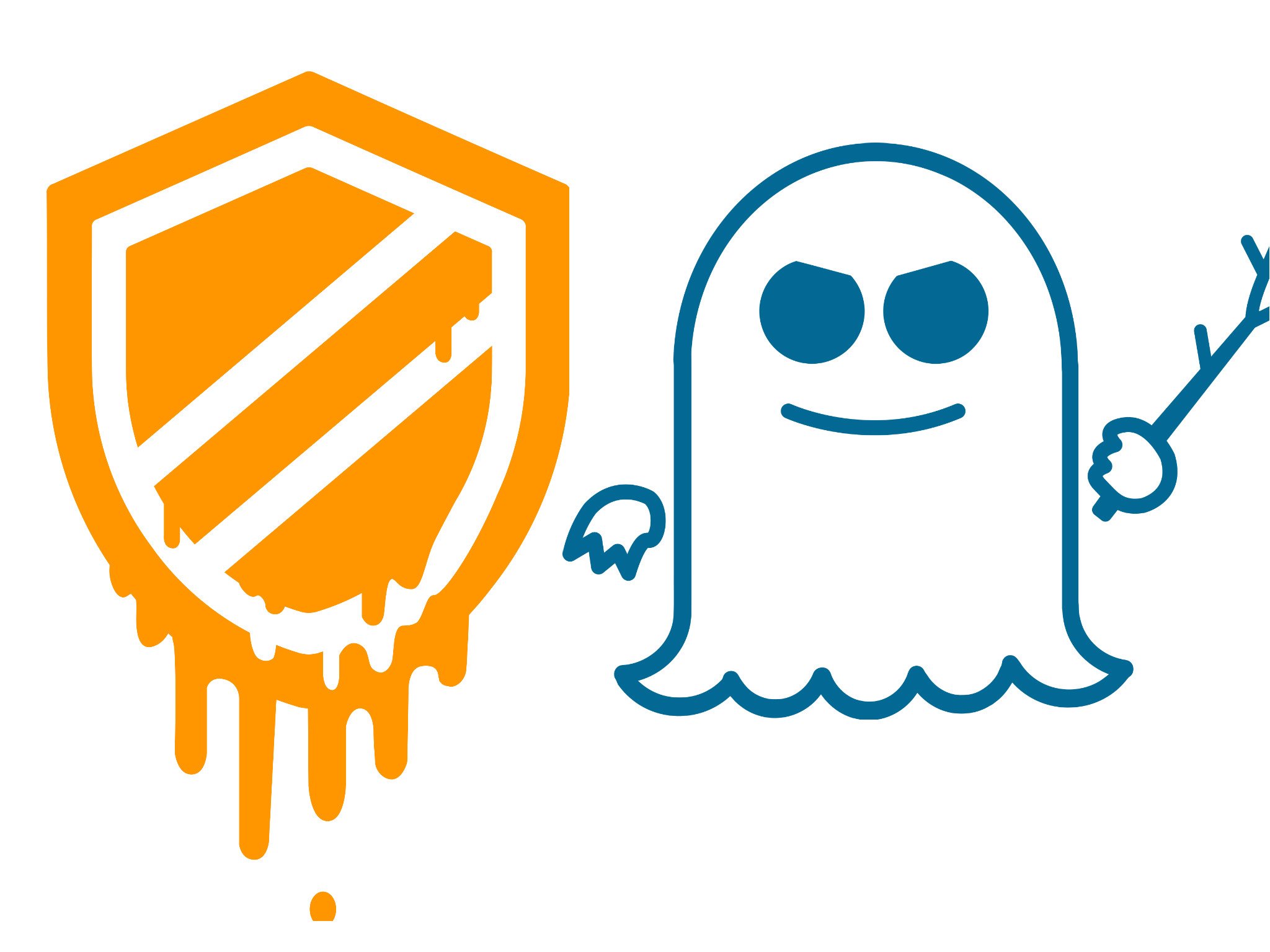Intel offers initial look at performance hit from Spectre and Meltdown fixes
Fixes for the Meltdown and Spectre flaws are now rolling out from a variety of manufacturers, and Intel has now provided an initial look at how they might affect performance.

All the latest news, reviews, and guides for Windows and Xbox diehards.
You are now subscribed
Your newsletter sign-up was successful
In a new blog post, Intel has offered an initial assessment of the performance hit you're likely to see from the fixes currently rolling out for the Meltdown and Spectre processor exploits. The result? Well, if you're using a relatively new Intel processor, you're unlikely to see a percentage hit north of the single digits.
These initial internal benchmarks cover Intel Core processors dating back to 2015, encompassing sixth, fifth, and eighth generation chips. Based on the results, Intel says the most recent eighth-generation chips appear to be impacted the least, with Intel estimating a performance decrease of six percent or less. Seventh-generation chips are expected to see an impact of around seven percent, Intel says. Meanwhile, sixth-generation Skylake chips are expected to see an average hit of around 8 percent.
It's important to note, however, that these effects are likely to be more or less noticeable depending on what you're doing. As Intel explains:
In certain cases, some users may see a more noticeable impact. For instance, users who use web applications that involve complex JavaScript operations may see a somewhat higher impact (up to 10 percent based on our initial measurements). Workloads that are graphics-intensive like gaming or compute-intensive like financial analysis see minimal impact.
Notably, what's missing from Intel's assessment is the impact on older systems. The chipmaker says that it will provide more information in the weeks ahead as it is collected. In the meantime, we can get an early look at how systems are likely to be affected, thanks to initial estimates released by Microsoft earlier this week. From Microsoft:
- With Windows 10 on newer silicon (2016-era PCs with Skylake, Kabylake or newer CPU), benchmarks show single-digit slowdowns, but we don't expect most users to notice a change because these percentages are reflected in milliseconds.
- With Windows 10 on older silicon (2015-era PCs with Haswell or older CPU), some benchmarks show more significant slowdowns, and we expect that some users will notice a decrease in system performance.
- With Windows 8 and Windows 7 on older silicon (2015-era PCs with Haswell or older CPU), we expect most users to notice a decrease in system performance.
- Windows Server on any silicon, especially in any IO-intensive application, shows a more significant performance impact when you enable the mitigations to isolate untrusted code within a Windows Server instance. This is why you want to be careful to evaluate the risk of untrusted code for each Windows Server instance, and balance the security versus performance tradeoff for your environment.
Microsoft is also expected to provide more detailed benchmark results in the coming weeks.
Finally, perhaps as a response to early criticism that the chipmaker received after its initial response to the exploits, Intel also pledged to be more transparent with its patching efforts and their impacts going forward. The company says it expects to have "at least 90 percent of Intel CPUs introduced in the past five years" patched by January 15. Patches are expected to be available for the remaining ten percent by the end of January.
All the latest news, reviews, and guides for Windows and Xbox diehards.

Dan Thorp-Lancaster is the former Editor-in-Chief of Windows Central. He began working with Windows Central, Android Central, and iMore as a news writer in 2014 and is obsessed with tech of all sorts. You can follow Dan on Twitter @DthorpL and Instagram @heyitsdtl.
